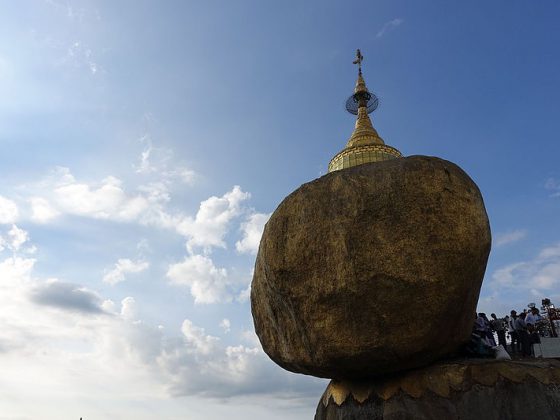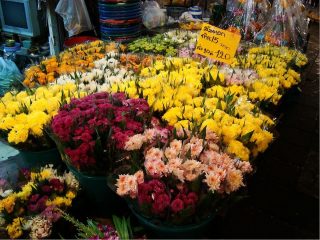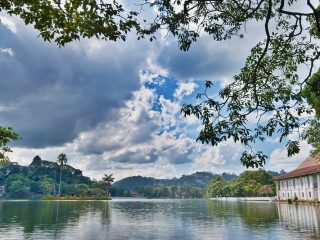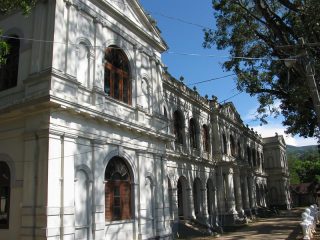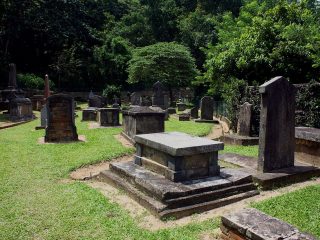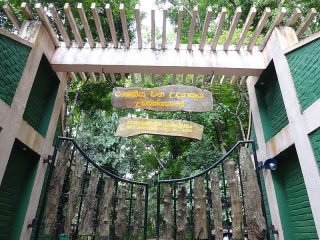Off the beaten path and often missed by the beach loving masses who visit Phuket for its pristine beaches and little else, Rawai Village remains one of the island’s top cultural hotspots. An engaging tour option for visitors based in one Phuket luxury resort or another, tourists staying with nearby accommodation providers, whether it’s COMO Point Yamu, Phuket or any other should take the time to discover this charming village. Populated by the Moken tribe the village is known as the hamlet of Sea Gypsies, as the tribe is identified locally.
Containing a tiny fishing port as well as a scenic beach surrounded by coconut trees the village is a cultural anomaly in Phuket which is one of Thailand’s most popular beach holiday destinations. With fishing serving as their main livelihood, the residents of the village are ancestrally connected to the Nicobar Islands as well as the Andaman Islands. Remaining loyal to their traditional way of life and the unique customs of their culture the residents of this quaint village have maintained their heritage in spite of the tide of modernity sweeping the remainder of Thailand. The Thai government has also attempted to integrate the Moken tribe with mainstream Thai society without luck although some of the men from the village do serve as tour guides regarding the tribal village on boat excursions to the area.
Although it may be difficult to conceive, the village only received electricity in recent times. The main religion in Rawai is an animistic faith as in most ancient tribes around the world. Those who are fortunate enough to visit the village during the months of November or June can witness a local event named the Floating Festival in which evil energy is purged from the village by sailing boats. Travellers with an interest in diving and snorkelling can also engage in their favourite activities off the coast of Rawai.
Roland Lefevre is a travel writer who specializes in creating features on leisure as well as business travel destinations across the globe. Google+

